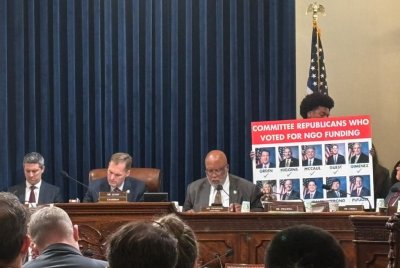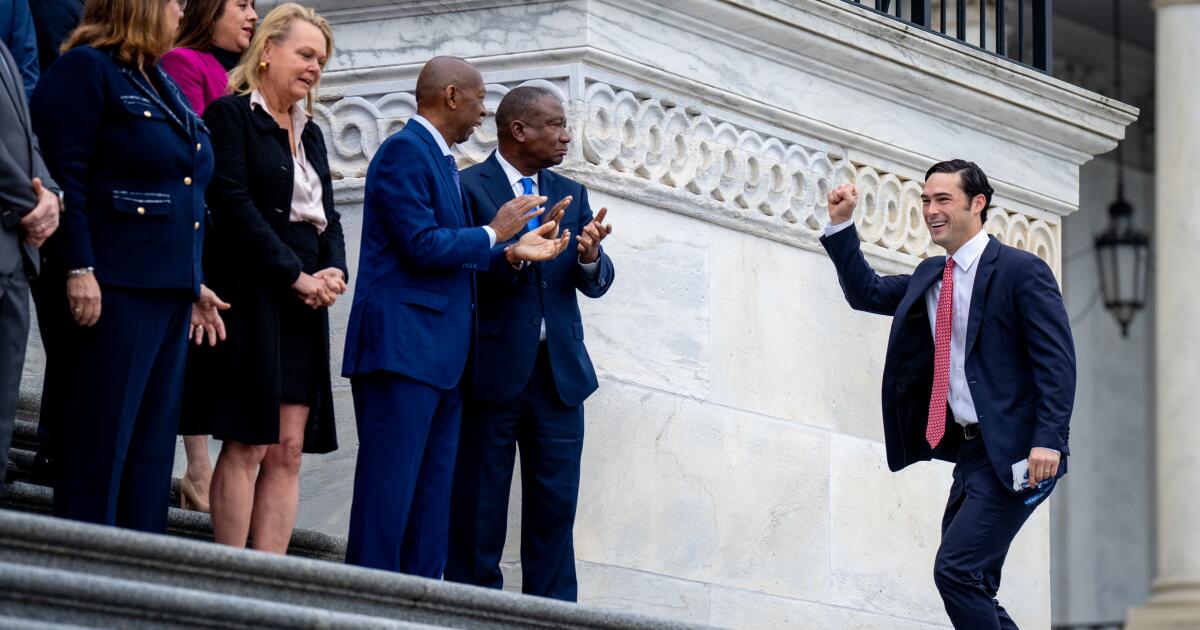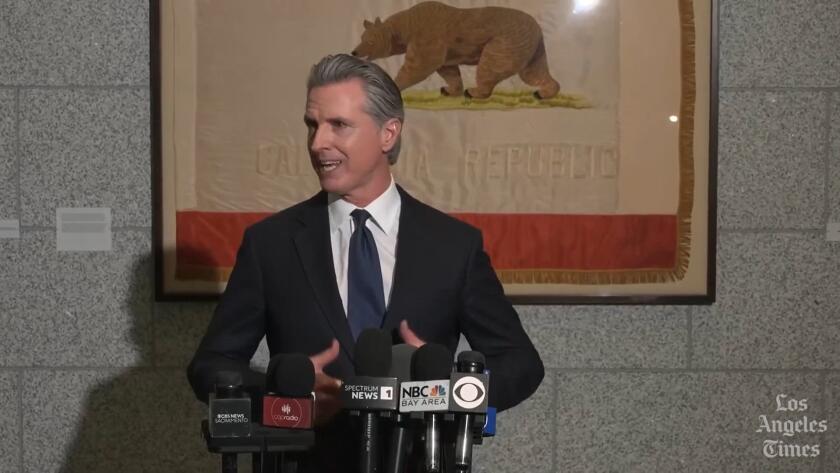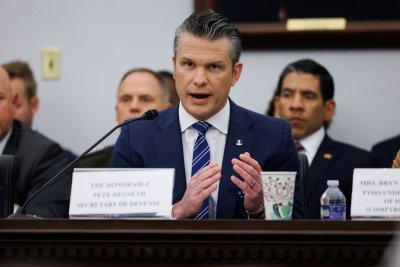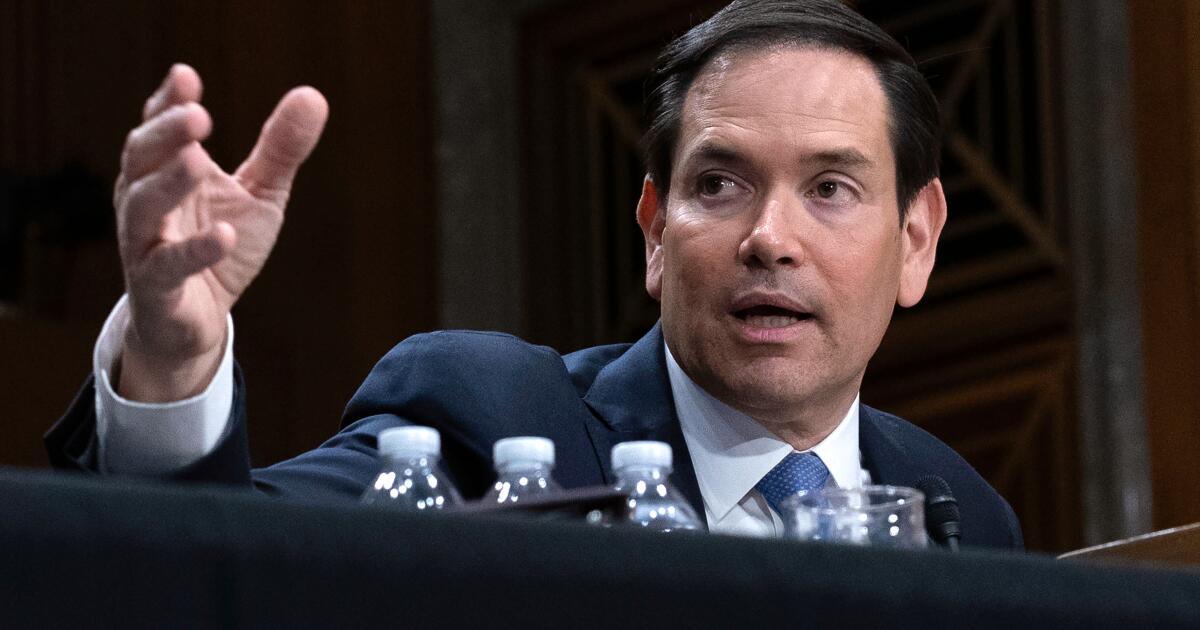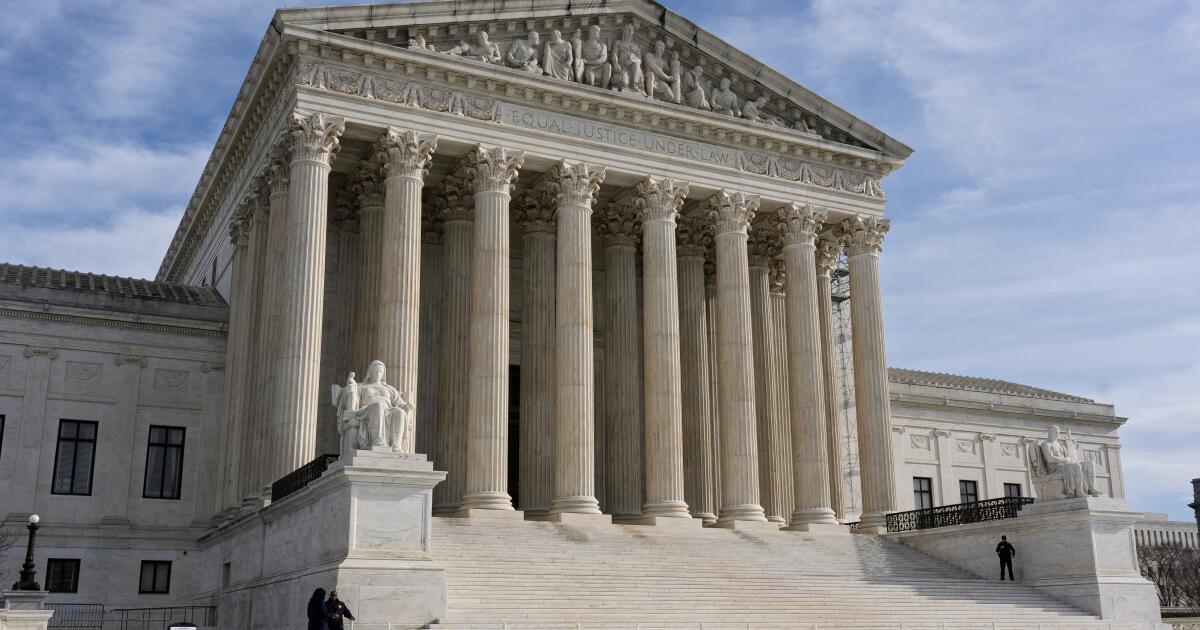The dad was on his way to Morocco with his girlfriend and best pal when the pilot’s announcement left him feeling terrified – and it only got worse from there
A horrified dad has sworn off flying for life after his Ryanair flight was forced into an emergency landing not long after takeoff from Manchester Airport.
On March 16, Ashton Small, 41, from Liverpool, was among the passengers on board the RK 1266 flight destined for Agadir in Morocco.
The plane set off around 4pm but Ashton says they were only about an hour and a half into their journey before the pilot announced they had to divert back to Manchester.
The ordeal when they landed only added to Ashton’s fears, with fire engines racing towards the plane – an image that has left the dad “too traumatised” to even entertain the thought of future flights.
Travelling along with his girlfriend Danielle Clark – who was on her first ever flight – and his best pal, Ashton told our sister paper the Liverpool Echo: “I have trauma from being on that flight.”
He vividly described the gut-wrenching minutes the sky, explaining: “We had been in the air for no more than one hour and 30 minutes, the plane just kept turning left then right, left, right, I had started to panic. I was panicking more because I wasn’t sitting next to my partner or friend either.
“The captain then told us we were going to have to land back at Manchester airport. You hear about planes crashing, I thought I was having a near death experience,” reports Dublin Live.
Ashton recounted his terrifying experience during the rough landing, saying: “The landing was horrible… I just wanted to get off. It scared me seeing the fire engines.”
“When we were landing I turned airplane mode off on my phone and rang my mum and dad straight away. I phoned them and said if anything happens I love you both. I told my partner I just wanted to go home.”
He was so scared that when they finally hit the ground, he gripped his seat tightly, feeling terrified of the scene unfolding on the runway.
Expressing his disappointment over the whole ordeal, Ashton added: “The pilot or Ryanair didn’t even say sorry to us for the inconvenience. It has put me off going on holiday anymore, it was a terrible experience.
“I thought I was going to die. I have a little boy who is four and the only holiday I will be going on now is driving trips. I don’t trust planes now, I can’t, not after that.”
“You never know what is going to happen. When I got home to my mum and dad they both hugged me and said they don’t want me going on any other planes, I’m a 41-year-old man, but when I phoned them they said they genuinely thought something was going to happen.”
A spokesperson for Ryanair said at the time: “This flight from Manchester to Agadir (Sun, 16 Mar) returned to Manchester shortly after take-off due to a minor technical issue. The aircraft landed normally at Manchester Airport and passengers disembarked.
“To minimise disruption to affected passengers, we quickly arranged for a replacement aircraft to operate this flight, which departed to Agadir at 19:05 local that same day. We sincerely apologise to affected passengers for any inconvenience caused.”




